People of India: Volume XL. Tamil Nadu (In 3 Volumes)
The Anthropological Survey of India launched the People of India project on October 2, 1985 to generate an anthropological profile of all the communities of India, the impact on them of change and the development process, and the links that bring them together. As part of this all-India project, the ethnographic survey of all 364 communities of present-day Tamil Nadu was taken up in collaboration with local scholars. The results of this survey were discussed at workshops held in Madras in April 1988and January 1989, at Madurai in January 1989 and at the regional workshop held in Maysore in May 1991. Tamil Nadu derives its identity from Tamil, the sweet language. Tamil identity, inter alia, is defined by language, territory, kinship, many elements of culture including life-cycle ceremonies, cuisine and folk and classical traditions. While Tamil is the language spoken by the largest number of people, there are also speakers of other languages of the Draviudian language family and a smaller number of soeapers of the languages of the Indo-Aryan family. Sangam literature mentions a number of communities which can be identified today in what was Tamilaham. Various ethic streams and gene pools have intermingled in this ancient land as waves upon waves of immigrants arrived. Tamil Nadu has the second larges number of communities in the country. Its ecology explains the presence of the tribes, peasants, fisherfolk and the largest number of coastal communities, including some with trans-oceanic connections. There are also many artisan groups and large clusters of Scheduled Castes. And there are the religious communities, such as Christians and Muslims, most of them steeped in the Tamil language and Dravidian kinship. The cultural traits that stand out in Tamil Nadu are the largest incidence of consanguineous forms of marriage, non-vegetarianism and phratry organization in non-tribal groups. With the growth of economy, there have been occupational shifts and occupational diversification among the communities as they have coped with the challenge of survival and development. Most Tamil Nadu communities, rapidly moving into the middle order of ranking, have reported a marked emergence of modern linkages, such as entrepreneurship and professionalism, and of the rise of leadership at local and regional levels. Tamil Nadu has been a pioneer in various programmes of development, particularly family welfare, female literacy and the midday meal for schoolchildren, all of which are well perceived by the communities. However, protection of tribals' land and environment needs more energetic action.
Get it now and save 10%
BECOME A MEMBER

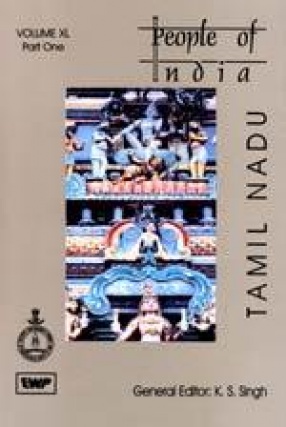
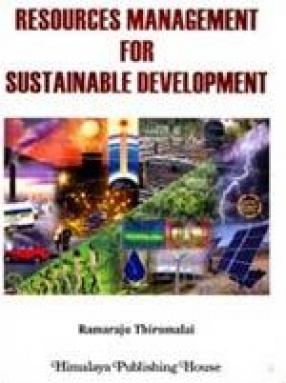

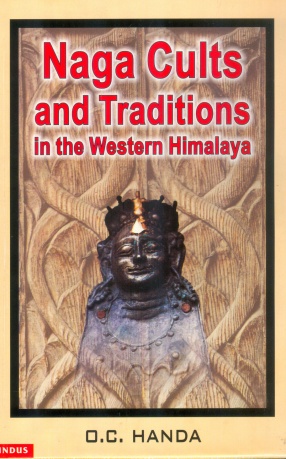
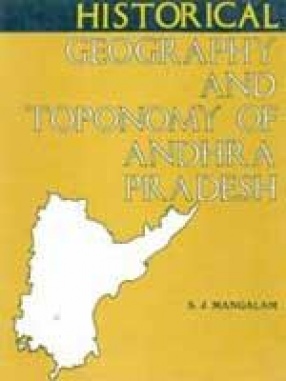
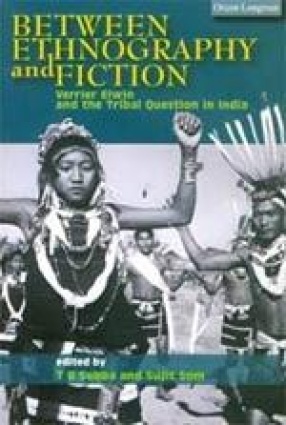

Bibliographic information
S. Manoharan
K.S. Singh